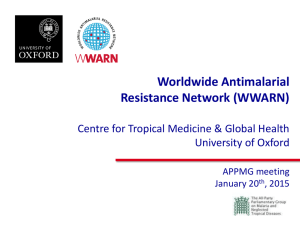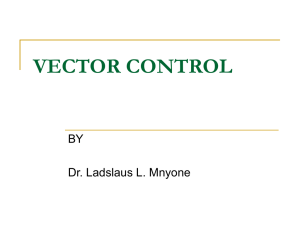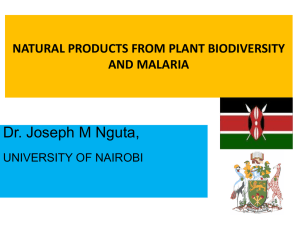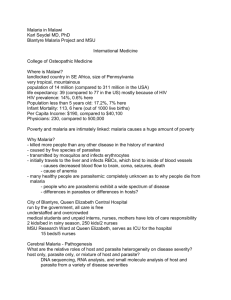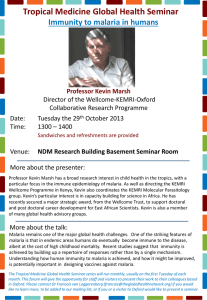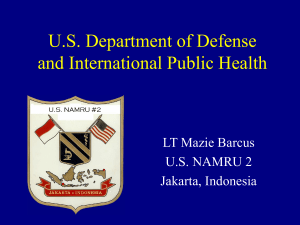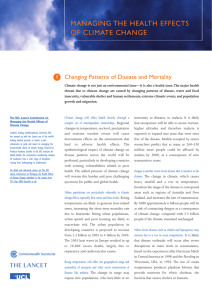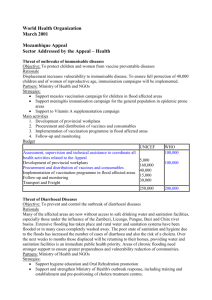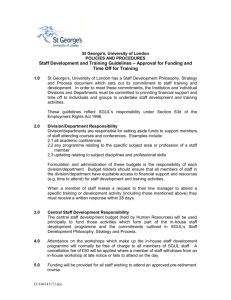Press Release
advertisement
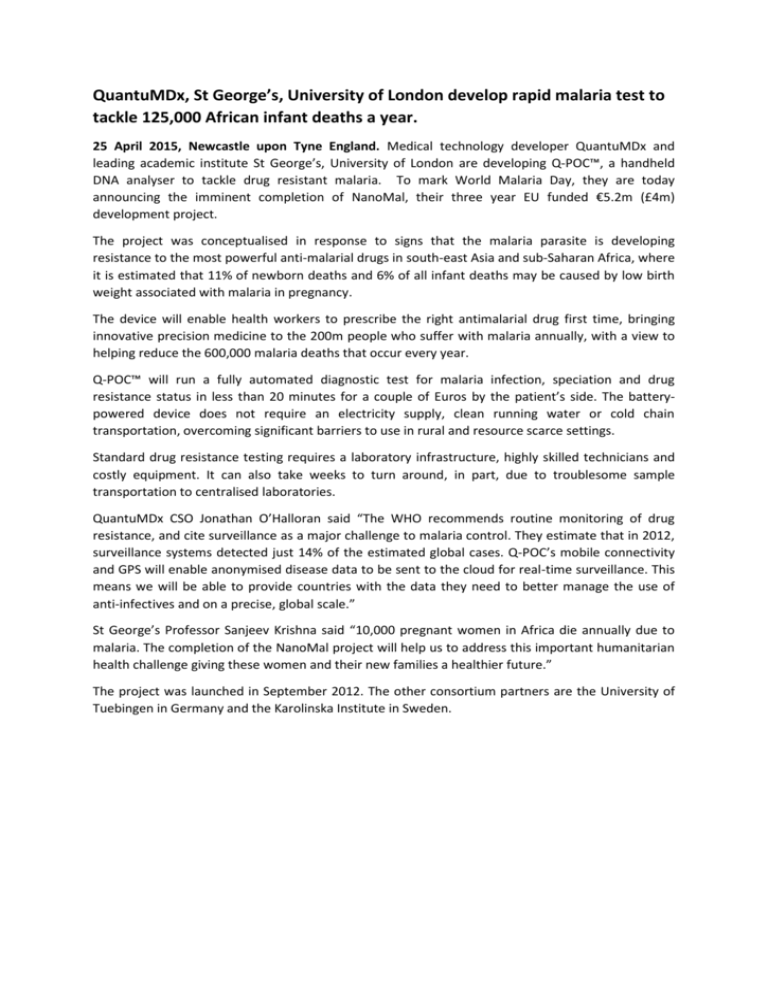
QuantuMDx, St George’s, University of London develop rapid malaria test to tackle 125,000 African infant deaths a year. 25 April 2015, Newcastle upon Tyne England. Medical technology developer QuantuMDx and leading academic institute St George’s, University of London are developing Q-POC™, a handheld DNA analyser to tackle drug resistant malaria. To mark World Malaria Day, they are today announcing the imminent completion of NanoMal, their three year EU funded €5.2m (£4m) development project. The project was conceptualised in response to signs that the malaria parasite is developing resistance to the most powerful anti-malarial drugs in south-east Asia and sub-Saharan Africa, where it is estimated that 11% of newborn deaths and 6% of all infant deaths may be caused by low birth weight associated with malaria in pregnancy. The device will enable health workers to prescribe the right antimalarial drug first time, bringing innovative precision medicine to the 200m people who suffer with malaria annually, with a view to helping reduce the 600,000 malaria deaths that occur every year. Q-POC™ will run a fully automated diagnostic test for malaria infection, speciation and drug resistance status in less than 20 minutes for a couple of Euros by the patient’s side. The batterypowered device does not require an electricity supply, clean running water or cold chain transportation, overcoming significant barriers to use in rural and resource scarce settings. Standard drug resistance testing requires a laboratory infrastructure, highly skilled technicians and costly equipment. It can also take weeks to turn around, in part, due to troublesome sample transportation to centralised laboratories. QuantuMDx CSO Jonathan O’Halloran said “The WHO recommends routine monitoring of drug resistance, and cite surveillance as a major challenge to malaria control. They estimate that in 2012, surveillance systems detected just 14% of the estimated global cases. Q-POC’s mobile connectivity and GPS will enable anonymised disease data to be sent to the cloud for real-time surveillance. This means we will be able to provide countries with the data they need to better manage the use of anti-infectives and on a precise, global scale.” St George’s Professor Sanjeev Krishna said “10,000 pregnant women in Africa die annually due to malaria. The completion of the NanoMal project will help us to address this important humanitarian health challenge giving these women and their new families a healthier future.” The project was launched in September 2012. The other consortium partners are the University of Tuebingen in Germany and the Karolinska Institute in Sweden. For press enquiries please contact Lucy Harvey, Business Development and Marketing Officer of QuantuMDx Group 0870 803 1234 lucy.harvey@quantumdx.com www.nanomal.org | www.quantumdx.com | www.sgul.ac.uk About QuantuMDx Group QuantuMDx Group is a multinational medical device developer headquartered in the United Kingdom, with subsidiary operations in the United States and Singapore. The company’s flagship product will be Q-POC™, a handheld DNA analyser that will diagnose disease in 15 minutes for a few pounds at the patient’s side. Expected for commercialisation in 2016, Q-POC will empower overburdened healthcare systems worldwide with gold standard molecular diagnostics at a fraction of the cost of traditional testing. Q-POC’s superior multiplexing capabilities will bring the power of precision medicine to health professionals globally, enabling immediate detection of antimicrobial resistance and subsequent ‘right first time prescribing’. By geotagging and networking this disease data, QuantuMDx will build a real-time global pathogen monitoring system called the Internet of Life™. QuantuMDx was co-founded by CEO Elaine Warburton OBE, inventor and CSO Jonathan O'Halloran and CFO Julian Warburton. Fellow Board members include CMO Professor Sir John Burn, COO Dr Sam Whitehouse and President of QuantuMDx USA Paul Fitzpatrick. Prof Sanjeev Krishna chairs the Infectious Disease Advisory Committee. QuantuMDx has received grants from the UK and EU governments, and partnered with FIND in 2014. About St George’s, University of London St George’s, University of London (SGUL), established in 1733, is distinctive as the UK’s only independent medical and healthcare higher education institution. It benefits from strong links with the healthcare profession, including a shared site with St George’s Healthcare NHS Trust in Tooting, south west London. SGUL is dedicated to the education and training of doctors, nurses, midwives, physician’s assistants, paramedics, physiotherapists, radiographers, social workers, healthcare and biomedical scientists. It attracts around 6,000 students, some of whom are taught in conjunction with Kingston University. Research at SGUL has a UK and international focus and aims to improve prevention, diagnosis and treatment of disease in areas including infection and immunity, heart disease and stroke, and cell signalling. It also aims to enhance understanding of public health and epidemiology, clinical genetics, and social care sciences.
